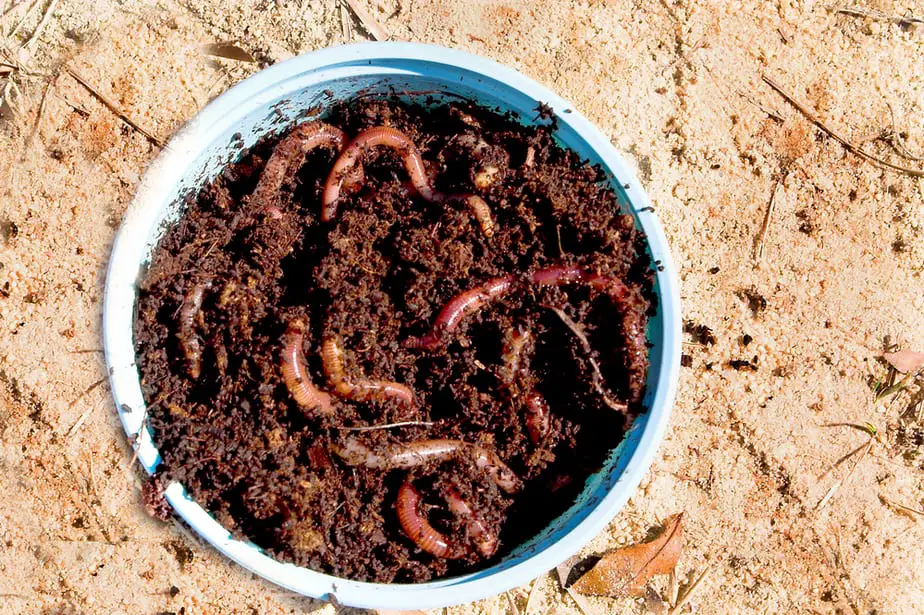Leopard geckos require a diet that is high in protein and reasonably balanced in fats and nutrients to thrive. Nightcrawlers are commonly found in bait stores and are a staple food for many amphibians and fish, but the question arises: are they also good for leopard geckos?

Nightcrawlers are rich in protein and fat, which are essential for your gecko’s growth and health. However, their size and the sticky mucus they secrete can be challenging for geckos, especially younger ones, to swallow and digest.
Key Takeaways
- Nightcrawlers can provide protein and fat in a leopard gecko’s diet.
- Consider the size and mucus of nightcrawlers as potential feeding challenges.
- Offer nightcrawlers in moderation and as part of a balanced diet for your gecko.
Feeding Nightcrawlers to Leopard Geckos
Feeding Frequency
Adult Leopard Geckos: Feed nightcrawlers sparingly, as treats, not exceeding 10-15% of their total diet.
Juvenile Leopard Geckos: Offer smaller portions due to their smaller size and more frequent feeding schedule.
Preparation and Size Considerations
- Cut Nightcrawlers into appropriate pieces to prevent choking.
- Discard any oversized nightcrawlers that cannot be easily cut to a suitable size.
Always ensure that the nightcrawlers are sourced from safe, chemical-free environments to avoid exposing your leopard gecko to harmful substances.
Dangers of Feeding Nightcrawlers to Your Leopard Gecko
Digestive Health
Nightcrawlers can be a beneficial part of your leopard gecko’s diet due to their protein content, but they must be offered in moderation. Overfeeding might cause digestive issues because the size of nightcrawlers can sometimes be too large for geckos to handle easily.
Parasitic Risks
Unsourced nightcrawlers may carry parasites that can transfer to your leopard gecko. Ensure you obtain nightcrawlers from reputable suppliers to minimize the risk of parasitic infection.
Calcium-to-Phosphorus Ratio
A proper dietary balance is vital; nightcrawlers have a calcium-to-phosphorus ratio that is not ideal on its own. Consider dusting the nightcrawlers with a calcium supplement or balancing them with other calcium-rich foods to maintain a correct calcium-to-phosphorus ratio in your leopard gecko’s diet.
